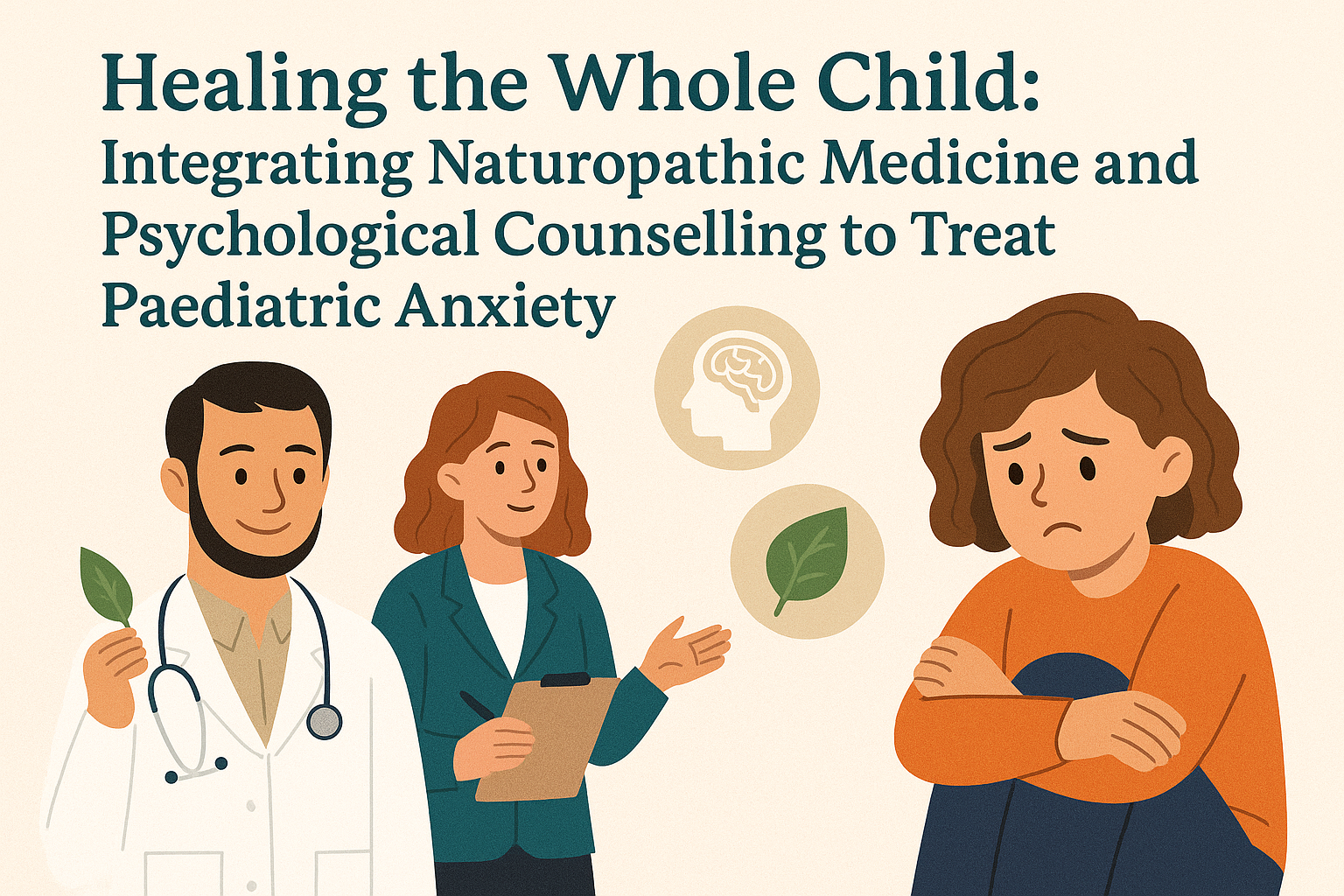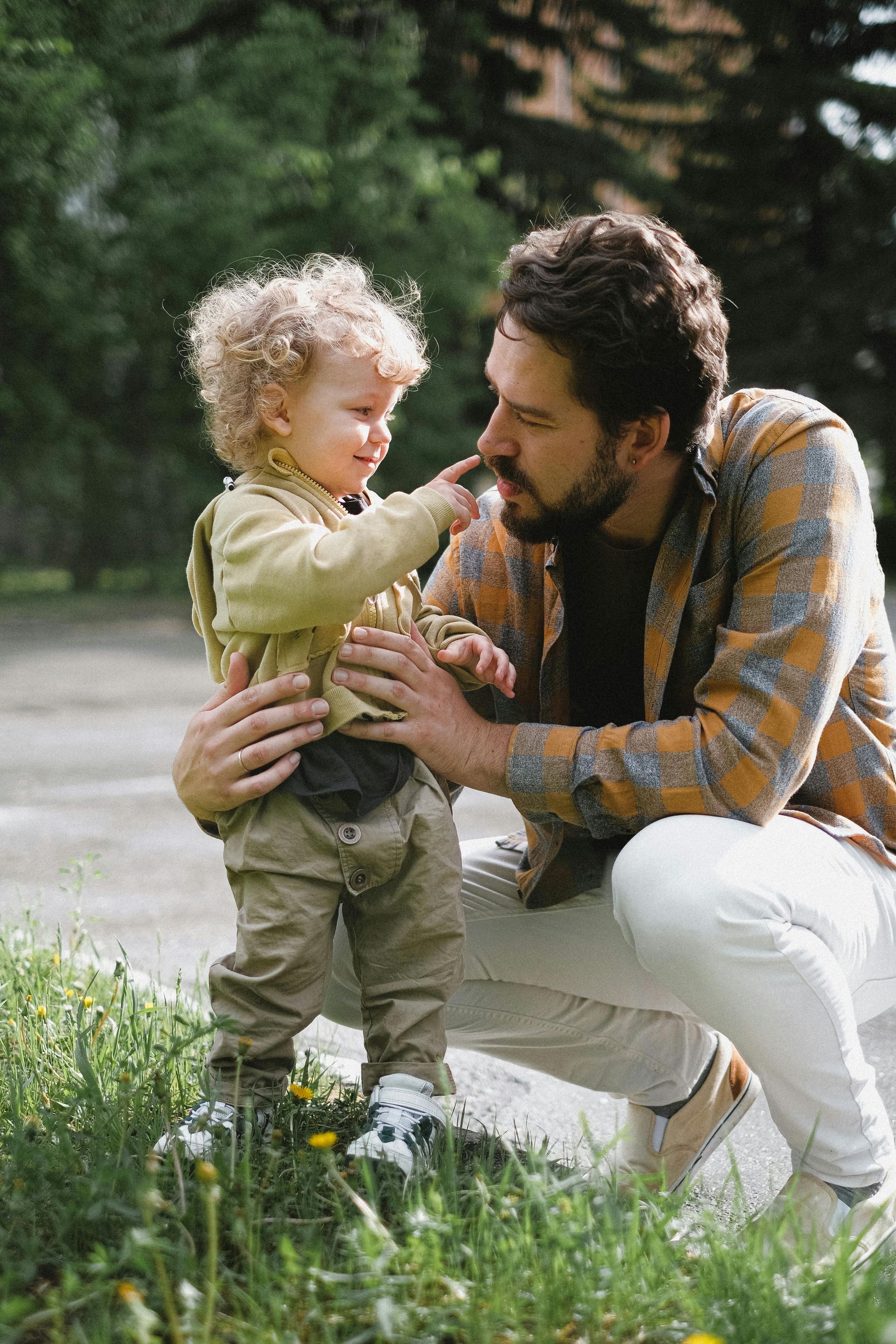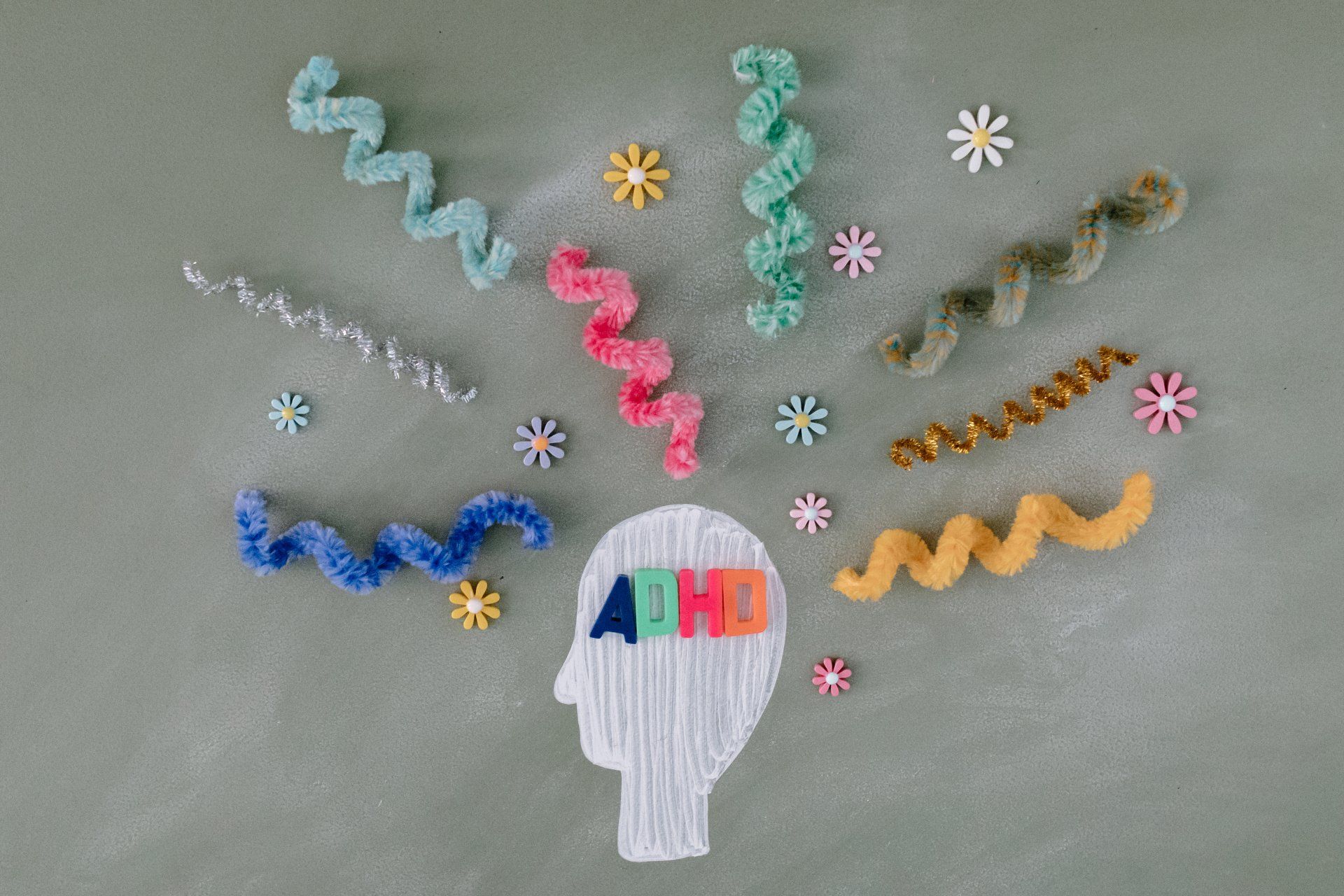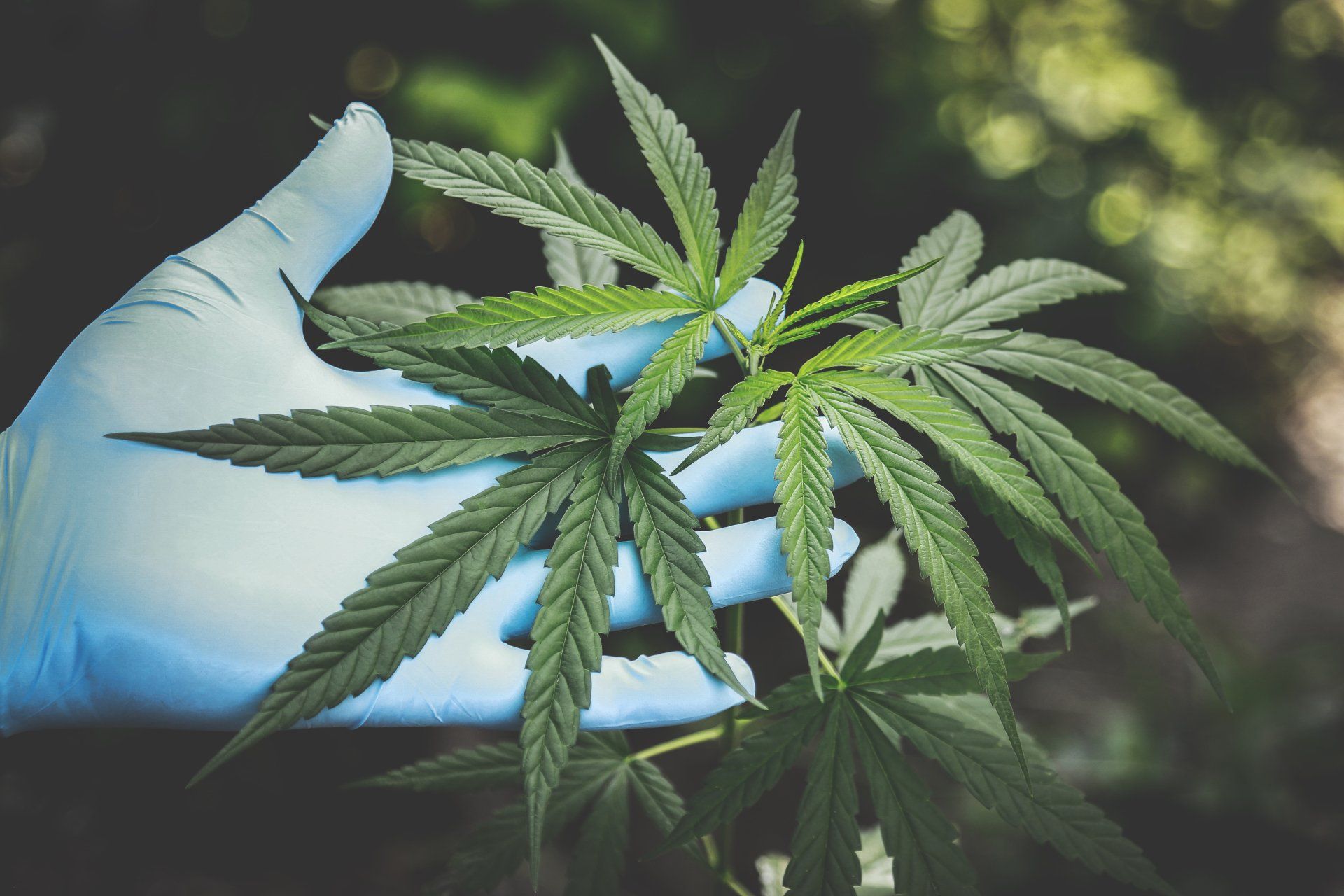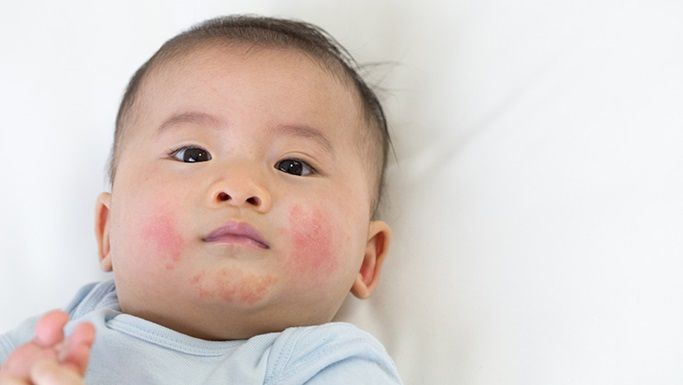Is Melatonin Safe and Effective for Children? Here's What You Need to Know
As a parent, you're always concerned about your child's health and well-being. If your child has trouble falling asleep at night, you may have considered giving them melatonin. Melatonin is a hormone produced by the pineal gland that helps regulate the sleep-wake cycle. It's available in supplement form, and many parents swear by its effectiveness. However, as with any supplement or medication, it's crucial to consider its safety and efficacy before giving it to your child. In this blog post, we'll take a closer look at melatonin and its potential use with children.
What is Melatonin?
Melatonin is a hormone that your body naturally produces to regulate your sleep-wake cycle. It's secreted by the pineal gland, a small gland in the brain. Melatonin levels rise in the evening, causing drowsiness, and they decrease in the morning, promoting wakefulness. Melatonin supplements are available over-the-counter in many countries, but they're regulated as drugs in some others.
What are the potential benefits of melatonin for children?
Melatonin may be helpful for children who have difficulty falling asleep or staying asleep. Some studies have shown that melatonin can reduce the time it takes for children to fall asleep and increase the total amount of sleep time. Furthermore, melatonin has been shown to be effective in treating sleep disorders in children with neurological conditions such as autism and ADHD.
What are the potential risks of melatonin?
Melatonin is generally considered safe when used appropriately. Still, some potential side effects may include dizziness, headache, nausea, and drowsiness. Some children may become dependent on melatonin to fall asleep, which can be concerning for parents. Additionally, there's some concern about the long-term effects of melatonin use, especially for children who are still developing.
When is it appropriate to give melatonin to children?
Melatonin supplements should be used only when a child is having difficulty falling asleep or staying asleep due to a specific concern. In general, melatonin supplements are not recommended for children under the age of three. Suppose a child is having trouble sleeping due to a specific medical or psychological condition, such as ADHD or autism. In that case, it's important to consult with a healthcare provider before starting melatonin supplements.
Research
Melatonin supplementation in children has been a topic of interest in several studies over the past decade, with a focus on its safety and efficacy. Here's a summary of key findings from these studies:
- The study "Efficacy and safety of melatonin treatment in children with Autism Spectrum Disorder and Attention-Deficit/Hyperactivity Disorder" analyzed several publications and found melatonin to be effective and safe for treating sleep disorders in pediatric patients with ASD and ADHD [(MDPI, 2020)](https://www.mdpi.com/2076-3425/10/4/219).
- A randomized clinical trial titled "Melatonin supplementation for children with atopic dermatitis and sleep disturbance" recommended melatonin supplementation as a safe and effective method to improve sleep and skin condition for children suffering from atopic dermatitis [(JAMA Pediatrics, 2016)](https://jamanetwork.com/journals/jamapediatrics/article-abstract/2470860).
- Another study, "Efficacy and safety of supplemental melatonin for delayed sleep–wake phase disorder in children," concluded that melatonin is an efficacious and safe chronobiotic drug for treating DSPD in children [(ScienceDirect, 2020)](https://www.sciencedirect.com/science/article/pii/S2590142720300112).
- The study "Safety and efficacy of melatonin supplementation as an add‐on treatment for infantile epileptic spasms syndrome" found melatonin to have an acceptable safety profile in children and is considered more of a dietary supplement [(Wiley Online Library, 2021)](https://onlinelibrary.wiley.com/doi/abs/10.1111/jpi.12922).
- "Efficacy and safety of melatonin for sleep onset insomnia in children and adolescents: a meta-analysis of randomized controlled trials" suggested starting melatonin in a small dosage of 1 mg/d in children [(ScienceDirect, 2018)](https://www.sciencedirect.com/science/article/pii/S1389945718307561).
- However, the study "Potential safety issues in the use of the hormone melatonin in paediatrics" called for caution against complacent use of melatonin in children [(Wiley Online Library, 2019)](https://onlinelibrary.wiley.com/doi/abs/10.1111/jpc.12840).
- The research "The short-term and long-term adverse effects of melatonin treatment in children and adolescents: a systematic review and GRADE assessment" also echoed similar concerns and called for caution against complacent use of melatonin in children [(Lancet, 2023)](https://www.thelancet.com/journals/eclinm/article/PIIS2589-5370(23)00260-2/fulltext).
Conclusion:
Melatonin can offer relief to children who have trouble falling asleep or suffer from sleep disorders, such as autism and ADHD. Still, parents must be cautious about using this supplement and use it only under the advice of a healthcare provider. Melatonin supplements may have side effects, and it's crucial to monitor your child's use to prevent dependence. By considering the potential risks and benefits of melatonin, parents can make a more informed decision about whether it's appropriate for their child.
For a wide range of professional quality melatonin supplements check out my Online Store
